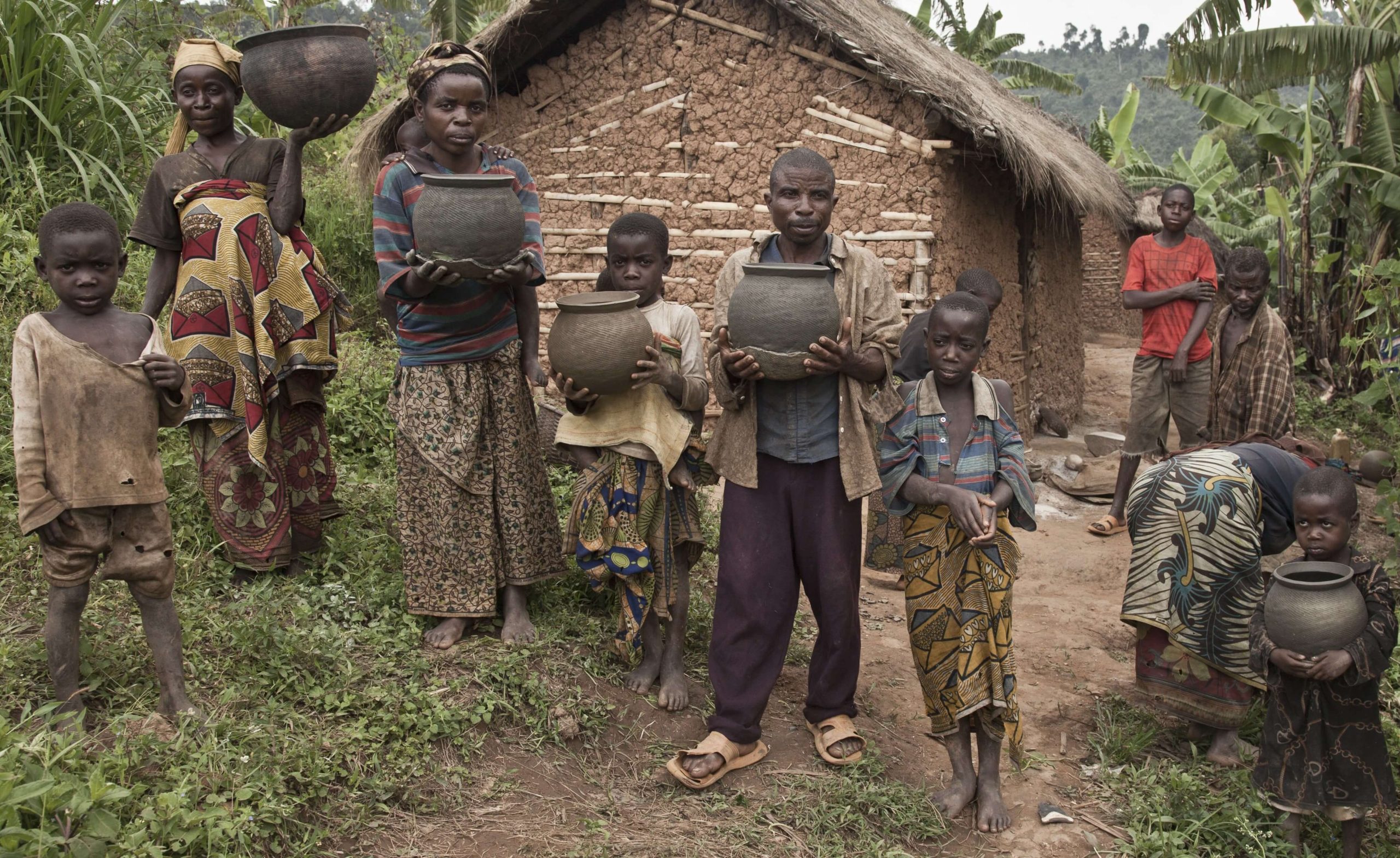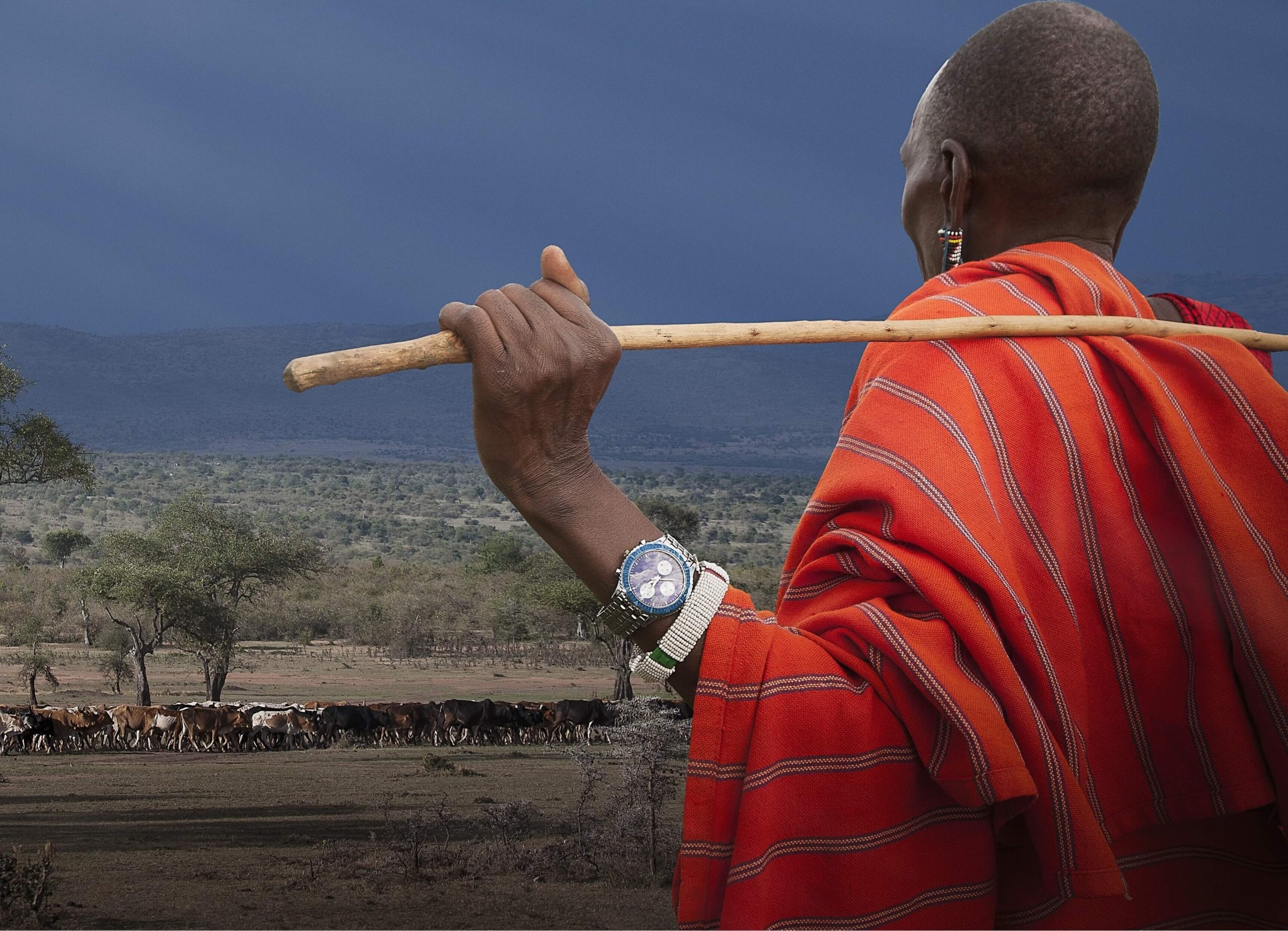Many people plan a trip to Africa with a checklist in mind. A game drive in the Serengeti. Sundowners by the water’s edge. Maybe a glimpse of elephants crossing the Chobe River at dusk.
But if you’re reading this, there’s a fair chance you’re looking for more structure. More context. You want to understand, not just see. You want to know why it matters, what factors made it possible, and even what’s at stake.
Inmersion Africa Journeys is for people like you. People who care about how their trip affects the communities they visit. People who ask questions. Those who value depth over speed.
We base our operations on long-standing relationships across Uganda, Tanzania, Kenya, Zambia, and beyond. In addition to that, we don’t rely on off-the-shelf itineraries.
For every journey or itinerary, we centre around access to people, places, and practices that many often exclude from traditional safari circuits.
Tourism, when done responsibly, is a form of shared knowledge. It can preserve language, support conservation finance, create direct employment, and protect intangible culture. But only when the model is intentional from the ground up.
The Problem with Most African Travel Experiences
The African tourism sector has grown into a multi-billion-dollar industry, attracting visitors from every continent.
But its mainstream offerings still reflect a limited, commercialised model shaped by historical patterns of access and control.
As a result, key elements are often left out. These gaps are not always visible on the surface, but they shape what visitors see, how they interpret it, and who benefits.
Overreliance on Template Itineraries
Across East and Southern Africa, much of the tourism economy is built around a fixed set of routes and routines.
These often centre on a combination of national parks, luxury lodges, and game drives scheduled for early morning and late afternoon.
While operationally efficient, this model limits exposure to the cultural, historical, and human dimensions of place.
In Kenya, the famed safari circuit (Amboseli, Nakuru, and Maasai Mara) funnels guests through a narrow band of experiences.
Most don’t leave the vehicle. Few engage meaningfully with the communities living just beyond the park boundary.
Surface-Level Cultural Access
It is common to find performances labelled as “local culture” designed entirely for viewing by tourists.
These interactions are rarely initiated by the communities themselves.
Instead, they are often managed by third-party operators with no cultural accountability.
This creates a problematic dynamic. Visitors are led to believe they’ve had a cultural experience, but what they’ve received is stagecraft.
Authenticity depends on process, consent, and power-sharing.
Disconnect Between Tourism and Impact
Many tour companies promote their operations as “community-based” or “responsible,” but few offer transparency into how funds are distributed or who benefits.
In some regions, less than 20 per cent of tourism revenue remains in-country.

The rest is absorbed by foreign-owned lodges, booking platforms, and overseas travel agents.
Sustainable tourism must be designed to circulate resources locally. Inmersion Africa Journeys understands this.
This includes fair wages, supplier contracts for small businesses, and the promotion of local leadership in guiding, logistics, and decision-making.
You’re likely already asking these questions. If so, you’re ahead of the curve.
Conservation Framed Without Context
Conservation is often presented to guests as a single mission: to protect wildlife.
BUT without addressing historical land rights, forced displacement, or exclusionary park policies, that mission becomes incomplete.
In parts of northern Tanzania and southwestern Uganda, pastoralist communities have faced removal to make way for protected areas.
Their stories rarely appear on guest itineraries.

An ecotourism model that ignores history runs the risk of repeating it.
Moreover, wildlife protection does not need to come at the expense of cultural knowledge or livelihoods. At Inmersion Africa Journeys, we know both can coexist, but it takes deliberate design.
One Journey, Many Blind Spots
A trip can appear successful by all conventional measures: good sightings, comfortable accommodation, efficient logistics, and still leave out the core of what defines a place.
History, politics, ownership, and language are part of that picture.
When tour operators exclude these factors, the experience becomes detached from reality.
The continent is not homogeneous. Even within one country, the range of identities, ecosystems, and governance models is enormous.
To travel here well requires slowing down and seeking specificity.
What We Do Differently
Inmersion Africa Journeys is built on a different operating principle.
Partnership Defines the Structure
We only build programs through ongoing dialogue with host communities.
That includes determining when and how to welcome guests, what knowledge is appropriate to share, and what boundaries should remain in place.
Local decision-making shapes the form and content of each visit.
In Teso, community hosts adjust programming to align with cultural calendars.
In Samburu, site access is determined by custodial elders, not tourism timelines.
This way of working is slower, but it’s the only way we know to do it right.
Small Groups, Clear Purpose
We organise each journey for a small group, rarely more than eight.
The focus here is time and not volume. We also limit travel days and prioritise extended stays. This gives space for genuine exchange, without the pressure of a packed itinerary.
Some programs focus on pastoralist economies across borders.
Others explore Indigenous ecological knowledge, informal land governance, or language preservation. Each program serves a purpose that emerges from the local context and not guest demand.
Local Leadership and Regional Grounding
Our operations are led by a team of people who live and work in East Africa.
This includes the team handling logistics, the facilitators guiding reflection sessions, and the coordinators working in each region.
At Inmersion Africa, we don’t interpret our work and journeys at a distance but rather manage them within the systems and structures where they happen.
In several locations, facilitation teams include cultural historians, forest monitors, or youth researchers. The goal is not to deliver performance.
It’s to create space for grounded conversation led by those who hold the knowledge.
Revenue Models That Reinforce Local Control
Program earnings are distributed transparently and contractually.
Inmersion Africa Journeys sets rates after consulting with local partners. Payments are made directly. No commission structures, no markup on labour, no hidden deductions.
In Kitui and Karamoja, hosts have organised community savings groups that use journey income to fund rotational grazing projects, solar access, and cooperative tool banks.
These uses are self-directed. Our role is to make the revenue flow consistent.
Documentation Without Extraction
Each journey includes a simple breakdown of projected impact: hours of labour created, services contracted, and hosts engaged.
We also collect feedback from all parties and use it internally to refine the process. The point we aim to focus on is accountability coupled with visibility.
In 2023, a northern Kenya program generated 1,120 paid work hours across 17 participants.
More important than the number was the outcome: two new host partners requested facilitation training to run future sessions independently.
For us, that’s progress.
Participation with Purpose
You’re likely reading this because you’re considering something more structured. Something that engages with place and people beyond the surface. If that’s the case, timing matters.
Across East Africa, communities are making decisions now that will shape the role of tourism in their futures. Where to set access limits. How to manage fees. What forms of sharing make sense? These are not theoretical questions. They are being negotiated in real time.
Guests who are willing to listen carefully, to arrive with context, and to move without entitlement have a role to play in this process. Not as drivers, but as participants in something already underway.
Inmersion Africa Journeys exists to make that participation possible, without overstepping. We’ve built structures that hold space for serious engagement, and we’re clear about who they’re for. This kind of journey suits people who are curious, steady, and comfortable being a guest in the full sense of the word.
Book your Safari with Us Today
Every journey holds the potential to inspire, connect, and contribute. When tourism and travel are rooted in genuine relationships and shared purpose, they become a powerful way to celebrate culture, support communities, and deepen our understanding of the world around us.
Inmersion Africa Journeys invites you to experience travel with clarity, respect, and meaning. Discover a different way to explore, where every moment contributes to something lasting.

Book your journey with us today and be part of something purposeful.
We offer programs throughout the year across East Africa, with scheduled immersions and region-specific journeys available in Uganda, Kenya, and Tanzania.
If you’re ready to book or would like to begin the conversation, reach out through the contact form or by email. We respond within 48 hours.
